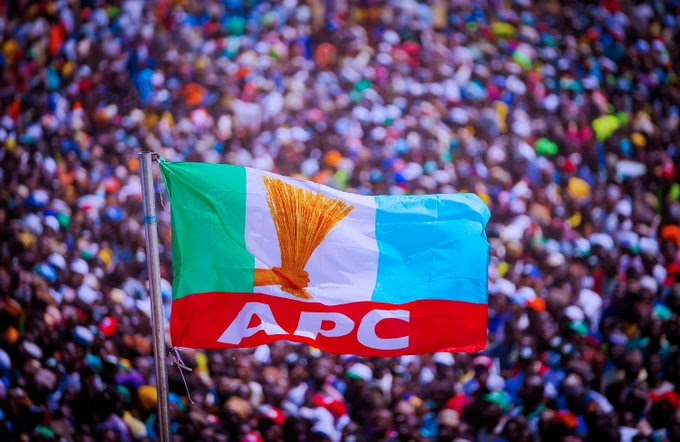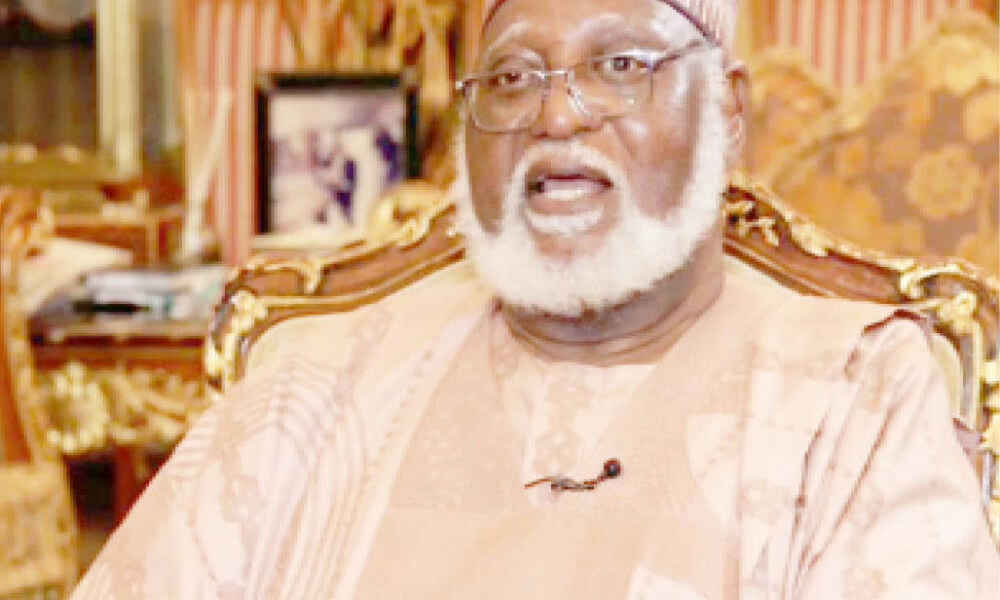From Uche Usim, Washington DC
A new Analytical Report (AR) of the International Monetary Fund (IMF) has fingered the European Union, China and the US as notorious disruptors of global trade using subsidies and grants as the fulcrum.
The report titled, “The Return of Industry Policy,” was presented Messrs Lorenzo Rotunno and Adam Jakubik of the Strategy, Policy and Review Department of the IMF at the ongoing Spring Meetings in Washington on Monday.
According to them their findings included the fact that advanced economies use grants and other subsidies to advance their export positions in international trade.
At the same time, the advanced economies discriminate against foreign investors and sput their domestic manufactures at positions of undue advantage against their competitors from other countries.
In addition to the three biggest economies of the world, the study showed that G20 nations lead the world in providing subsidies producers in their countries a situation that left Emerging Markets and Developing Countries at their mercy.
The research findings also indicated subsidised products accounted for the highest volume of goods exported from the countries above.
Subsidy applications, the report noted, were for both economic and non-economic objectives, “often employing tit-for-tat strategy.
It also indicated that after agreeing to open and competitive market, those governments usually come up with policies considered inimical to what they agreed.
“After agreeing to make competition the hallmark of Global trade, these governments come up again with policies against the decisions,” they disclosed.
They identified how to balance the equation as a major challenge for word trade as smaller economies continue to battle the challenge of dumping, while their local manufacturing sectors continue to suffer, due to inability of their goods to Compete with the imported subsidised goods.
The officials suggested that fiscal and monetary policies were needed to address the problem.











